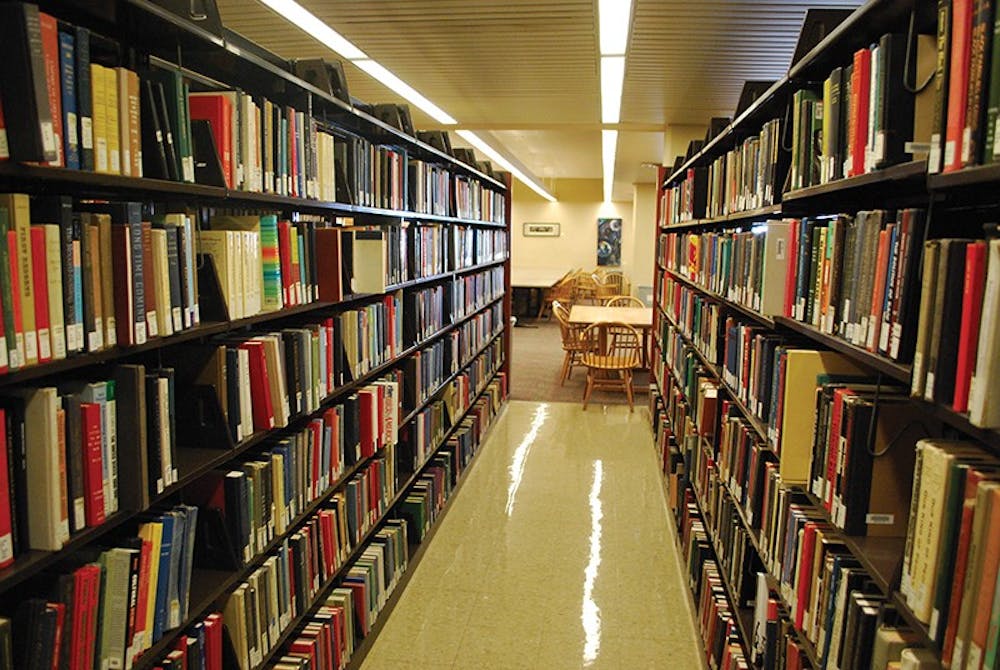A collection of more than 10,000 digital images from the University’s library will soon be available at The Digital Public Library of America, the first nationwide online public library, the University announced Wednesday.
The DPLA, which is slated to officially launch April 18, seeks to provide a comprehensive database of interdisciplinary texts and media from universities and public libraries across the country, as well as federal institutions such as the Smithsonian, free of charge to the public. “[The DPLA] will function as an online library for students of all ages, from grades K-12 to postdoctoral researchers and anyone seeking self-instruction,” according to the DLPA website.
The University will contribute images from The Holsinger Studio Collection, a compilation of photographs of Charlottesville and Albemarle County life from the late 19th and early 20th centuries.
Bradley Daigle, University director of Digital Curation Services, said University officials were involved in the DPLA from its early stages.
“[University English Prof.] Jerome McGann was on the original DPLA Steering Committee and I participated in both the legal and content teams,” Daigle said in an email. “U.Va. Library is always looking for new ways to partner to make our materials more widely known and contribute to the national historical record.”
The University hopes to contribute more to the DPLA in the future, Daigle said.
“Adding materials allows users to experience our local content within a global context,” he said. “This will increase awareness of our collections as well as provide our own community the means to understand the larger historical context of materials we physically own here.”
Scholars have floated the concept of a digital public library since the 1990s, but the DPLA claims it will be the first to fully execute the concept. “No project has yet succeeded in bringing these different viewpoints, experiences and collections together with leading technical experts and the best of private industry to find solutions to these complex challenges,” according to the DPLA website.







